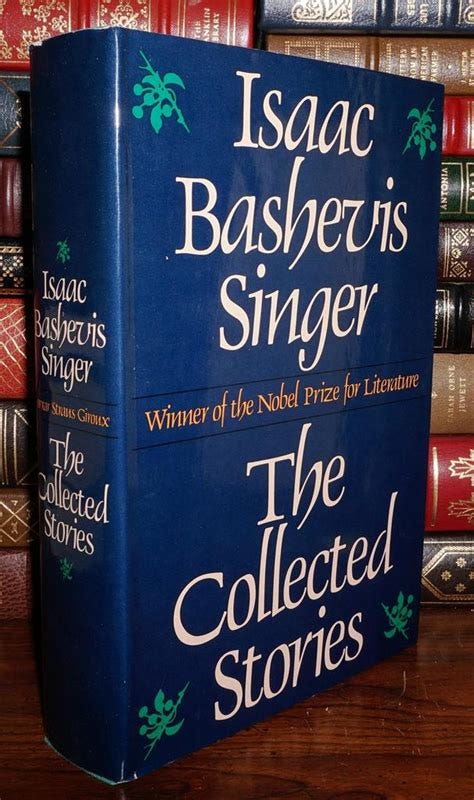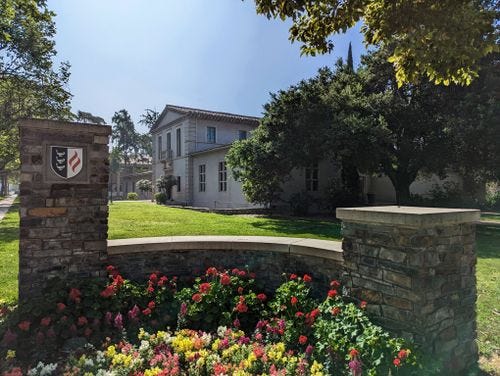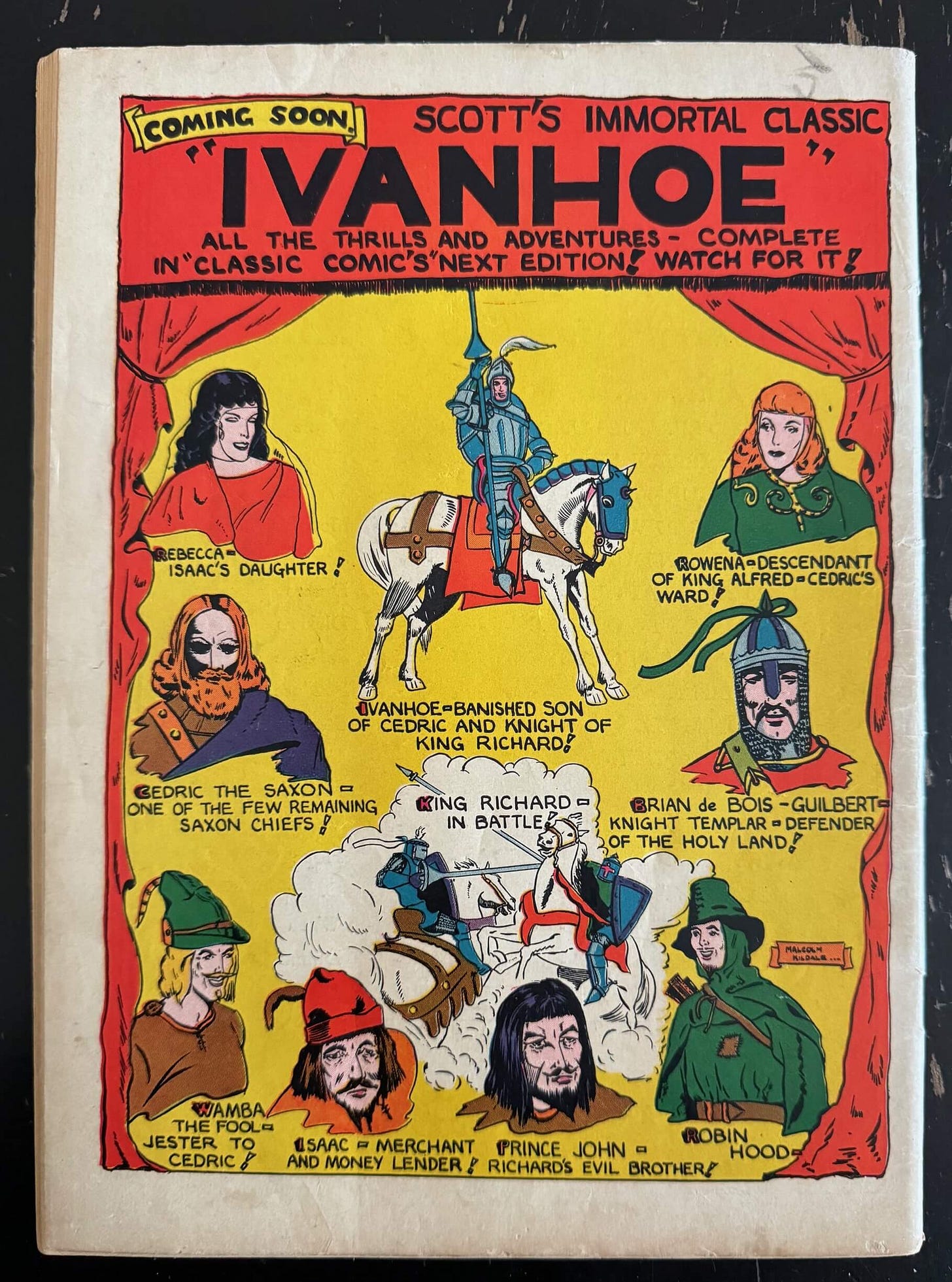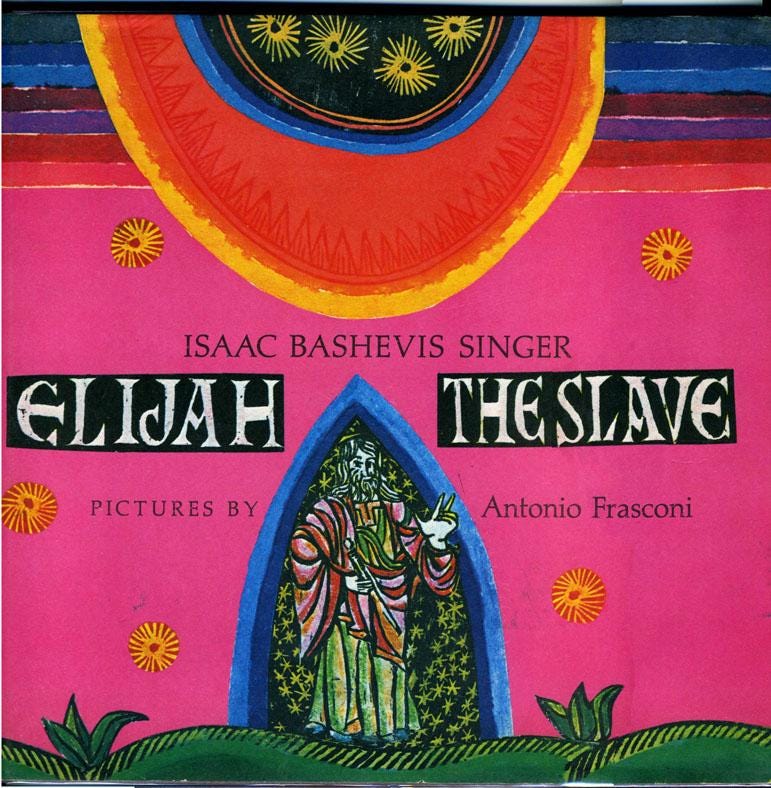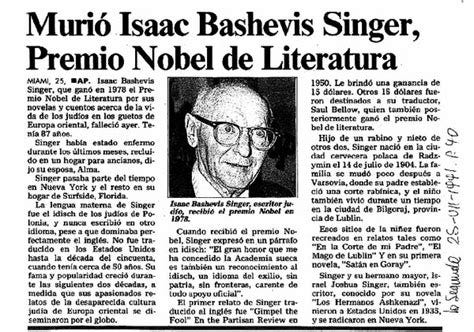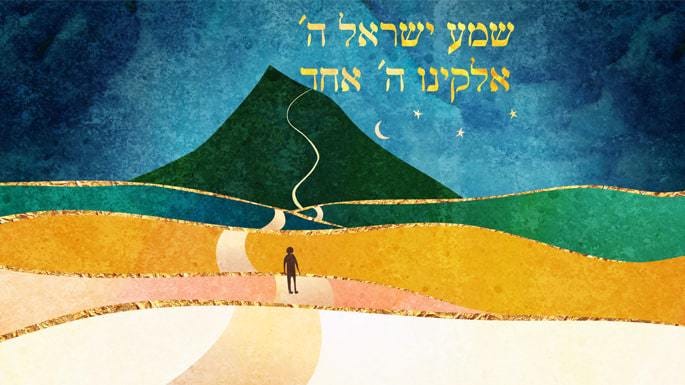Black-eyed by Susan's flower power
Sickness, Isaac Bashevis Singer, the Shema, and my sons' shelves
I’ve been hors d’combat, in terms of life’s struggle, the past sixteen days, which feels like that many months. Integrating black eyed susans (called susanitas here, which makes me wonder whither the nomenclatural etymology derives; the ones in Ecuador don’t appear to match up with their looks-like-a-daisy-to-me) into my veggie diet. Seeing they grow in my garden, and I’ve had no problems with ‘em, or her, since I’d begun mixing them into my omelette or rice nightly along with chard, sage, fennel, mint, although I don’t know where all the parsley my wife planted her last spring went.
Nobody wants to hear greying guy’s woes. Just framing my recent shift. Illness never comes, I guess, when expected, but I’ve been felled like never before in over six decades. I’ve gotten checked up at Ibarra’s top gastro-doctor (our provincial capital, about the size of Boise (had to look up its match). Although it lacks that Idaho burg’s elegance, as I recall walking, circling its capital, strolling along its dappled riverwalk, when I gave a talk at their Pigskin Big State U a dozen years ago, aptly autumnal…
Need I say that this isn’t Boise, although potatoes are grown too in its grubby environs?
My weight (I’m skinny and being born at 28 weeks back when such was far from common) is about thirty pounds lower than when my wife passed away seven months ago tomorrow. So, I’m proverbially taking it easy, reading lots of Isaac Bashevis Singer in particular. I’m working oddly backwards from his posthumously translated novels, considered not his forte and among the dozen-odd out, the weaker. I’ll be pasting them from Goodreads when I accumulate a heftier handful. I’m saving the stories, in their Library of America collected version I hope, for when I get them back in the U.S.
That’s where he’s said to shine. One of my first BoMC purchases was the Collected Stories in the FSG 1982 edition, during college. I think I had no contact with anybody within a galactic distance of Yiddishkeit. Maybe an exception: being that Loyola Marymount is my first of tres matres carissimi, three alma maters, my second, then called The Claremont Graduate School, was where a close classmate, Fairfax H.S, befriended me in mutual, bemused, commiseration over the pompous profs and wheedling apprentices, whose antics shone all the more dimly, dully, or delectably given the very small size of a small institution’s Department of English and American Lit. Where on my first day on campus, in the tiny waiting room, I leafed through a copy of none other than The Turner Diaries, just happened to be sitting there. I don’t want to even register a hyperlink to trigger a NSA key-log, though I likely did just now.
Each time I glance at the author’s adopted middle name, in homage to his mother Batsheva, it reminds me of asking my frazzled comrade in literary labor how Bashevis should be pronounced, having recently purchased the Singer. (If nonetheless still a few years before he scored his Stockholm take-home.) And I must have made sure that I fact-checked my typescript on antisemitism in one of Idaho's less probable famous men of belles lettres, Ezra Pound, wrapping up my vertiginous Modernism course. I vaguely recollect a wry aside or two from her, and normally I’d never show my work to any colleague. I guess I knew what I didn't know, and I welcomed her admonitions.
Ahh their anise-scented bread…sincc 1922. Charm diminished by the former Franciscan Pottery big lot turned big-box Best Buy-Target et al., but it’s where Disney’s animators chugged their Model T or A’s down then dirt-Los Feliz Blvd.
She went on to specialize in Walter Scott. Fittingly, as she lived around the section of Los Feliz and Silverlake, where in some of Los Angeles’ first suburbs almost precisely a hundred years before, streets were named after his novels, heroes, and…I insist on the feminine version in Ye Merrie' Olde Englande Style…heroines. Including Rebecca, a tie in Ivanhoe to one of the first positive portrayals of a “Jewess” in a popular press.
I’m what, triple the age I was then, Singer’s reflections from his narrators (as wry, wistful, philosophical, germane, adulterous, as twitchy, but a tad less self-righteous—sometimes—than the paperbacks I worked through as a grad student—casual bedtime fare compared to my assigned texts like Clarissa—than Bellow’s formidable, bullish, brawling, tenured, therapeutically manhandled, machers). For all the Blarney'd gifts of silver-tongued Celtic clannish cousins of mine, we sorely lack the rigorous tradition in rhetoric, grit, stolid or stoic determination which imbue our Sephardic, Mizrahi, and Ashkenazi counterparts in collegiate, professional, and world-class endeavors.
Whew, all 1536 closely printed pages. 1986 ed. Akin to what used to be called the Yellow…? Yes, a decade before the Internet as we know it, when one had to actually do this in grad school: analyze dense in more ways than one arcane texts: sit in a seminar with a dozen others competing for not only grades (which weren’t handed out all as A’s, I painfully recall. Under the glowering eye of a professor who’d memorized the assignment photographically.
Singer’s survivors from the Shoah, his students from earlier in the last century, his slave returned as scholar during the Polish pogroms a couple hundred years before: they womanize too, but they refuse to give in to Elohim of justice demanding His due, even as they concede for the Shekinah of mercy to soothe tortured bodies and minds.
He won’t settle for platitudes, and won’t accept nihilism or Marxism, Christian conversion or secular consumerism. More on this to come, but however similar in their maddening pendulums between swaying and davening, swearing and delighting in deli, scheming and turning back to Torah, swindling and smooth-talking their marks. They remain a marvelously annoying lot, although the females tend towards idol-worship of their pursuers, and the men towards the gauche chauvinism which ties them somewhat to Bellow’s late 20th-century fat cats, and their own moist molls.
I didn’t expect to start sermonizing about this 1978 Nobel Laureate. Or his Montreal-born, Chicago-bred 1976 competitor and recipient Surely each has characterized the other in a roman a clef in their respective fictions? (Note to self.) I know Cynthia Ozick did in “Envy, or Yiddish in America” for Isaac. For now, it’s off to chat with my boys, and I wonder if they’ve read any of these three, who precede them in their own ambitions as for Son #2, to pursue an MFA (Columbia U. his choice unless he gets a better offer) next year, and for Son #1, whose shelves like his brothers show off a smart gathering.
Tomorrow, I think, having lost count a bit, tallying these days of Awe-ful-ness, I’ve been pondering the anniversary of the 7th of October. I’ve kept my thoughts on this to myself. But I’ve been giving to charity, volunteering to organizations, and educating through research, the Honestly by Bari Weiss and other podcasts, and contemplation.
Art by Sefira Lightstone These were the departing words I left my wife with on March 12/13.
I encourage you to do the same. As a wry (probably from the mamaloshen) saying goes, “what begins with the Jews never ends with the Jews.” And as for my own diaspora homeland, a month from now, I will have a post post-Election Night. But in a form of what I put up on FB after the last mandate by my fellow hundreds of millions of Americans, this is my go-to chapter-and-verse: Stephen King translates Psalm 146:3.






